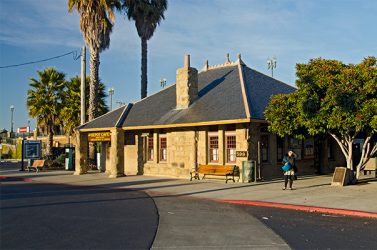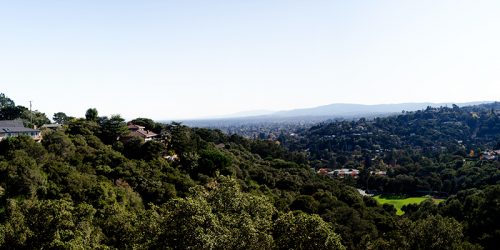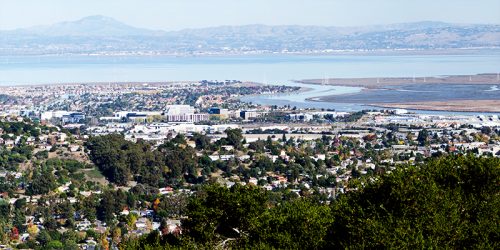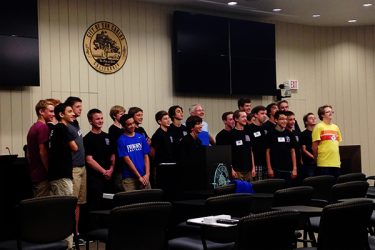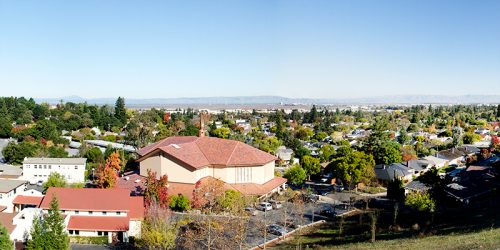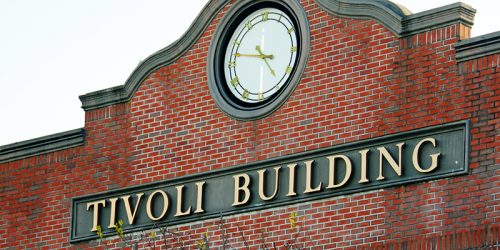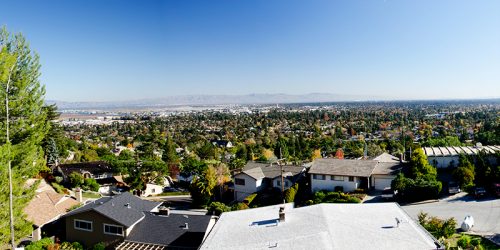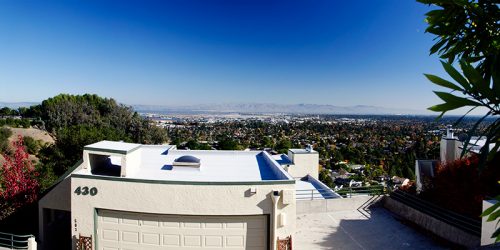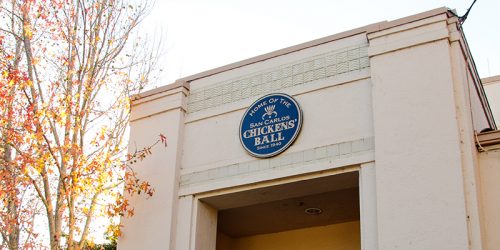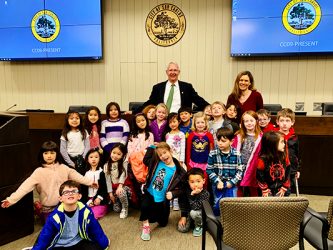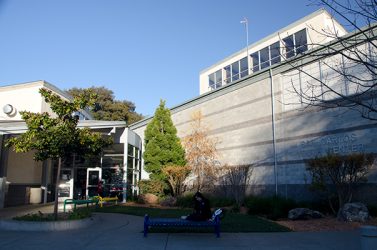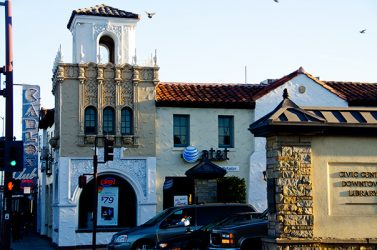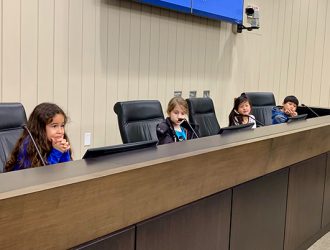This is an op ed I wrote which was published in the San Mateo Daily Journal on September 11, 2023.
Free marketeers have complained about excessive government regulation since time immemorial. You’d think, in a representative democracy, by now we would’ve figured out how to address their concerns. Of course, some will ascribe the ongoing tension to a vast left-wing conspiracy. But the actual answer is much more interesting.
The widespread adoption of things that didn’t used to exist – public education, vastly easier communication and collaboration capabilities, better healthcare, just to name a few – shows people value change. To get what we want we’ve embraced market capitalism, which has a far better track record of satisfying our desires than anything else we’ve tried.
However, to unleash market capitalism’s creative power we must allow people the freedom to run their businesses. The Soviet Union demonstrated what happens when you don’t: much less cool new stuff and continual community dissatisfaction.
Unfortunately, market capitalism assumes the parties to a transaction know, and can monetize, all the costs and benefits associated with a transaction. But things like environmental pollution and cooking the planet don’t fit its paradigm. Consequently, market capitalism ignores them. Economists – of all political persuasions – recognize these “negative externalities” as one of market capitalism’s limitations.
Managing this limitation, and others, is a key responsibility of government. Adam Smith, the father of market economics, recognized this. He argued the community must step in to offset the flaws to protect itself, and its future. Failure to do so can lead to bad outcomes being subsidized by the community. All of us – whether we personally saw value in a polluting product or not – would be subsidizing a polluting manufacturer’s bottom-line if we simply accepted the negative consequences of pollution.
But regulation isn’t the only approach communities take to address market capitalism’s flaws. Sometimes we ban products, even ones many people want. Because of its large population and economy, California is often at the forefront of such actions. We were, for example, the first state to require vehicles to emit less pollutants. Recently, we’ve begun to phase out certain types of engines by establishing dates after which they cannot be sold. Given the strong reaction such laws engender, why do we keep enacting them?
Because individual choice can result in poor community outcomes. They’re examples of what’s called the Prisoners Dilemma. The traditional example of which involves two suspects arrested for committing a crime who are forbidden to talk to each other and interrogated separately. Whoever rats out the other goes free. If both turn state’s evidence, they both go to jail. The best overall outcome is if neither break so they both go free.
Prisoners dilemmas are common in economics. Take diesel engines. We use a lot of them because they are valuable in many situations. But they come with significant hidden environmental costs. Buying a diesel engine is analogous to ratting out your co-conspirator; you are better off but he must accept your pollution. The only way to avoid anyone suffering from their pollution is for no one to use diesel. That requires some outside agency to coordinate the choices individuals make.
That outside agency is government, and the coordination involves incentives, restrictions, or both. Done right, these non-market forces create enormous incentives for the marketplace to come up with better products. And market capitalism is fabulous at meeting demand for new and improved products!
While freedom is what powers market capitalism’s amazing creativity, negative externalities and prisoners dilemmas mean we can’t let it run free. Managing it will always be hard because – surprise! – the wealth generated by innovation gets used to preserve the new status quo and stimy regulation.
Manufacturers of polluting products will never demand phase outs, regardless of how much harm their products cause. At least not until they’ve figured out how to develop something new and better to sell. But few businesses are going to cut profits today to obsolete a valuable product they’re currently allowed to sell. Unless they’re forced and/or incentivized to by the community.
Like fire, market capitalism is a powerful servant but a terrible master. The goal of embracing it is not to create billionaires; that’s simply a side effect. Instead, it’s to offer a better life to as many people as possible. Like any community tool, we, through our government, must decide how and when to use it, and what tasks we want it to perform. Even when that means banning things we currently enjoy.
